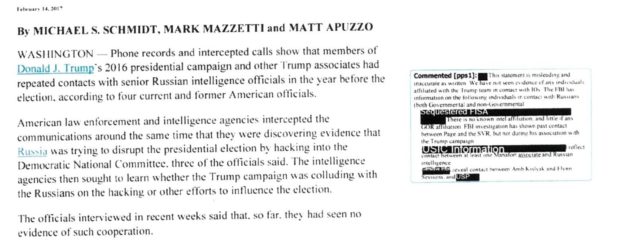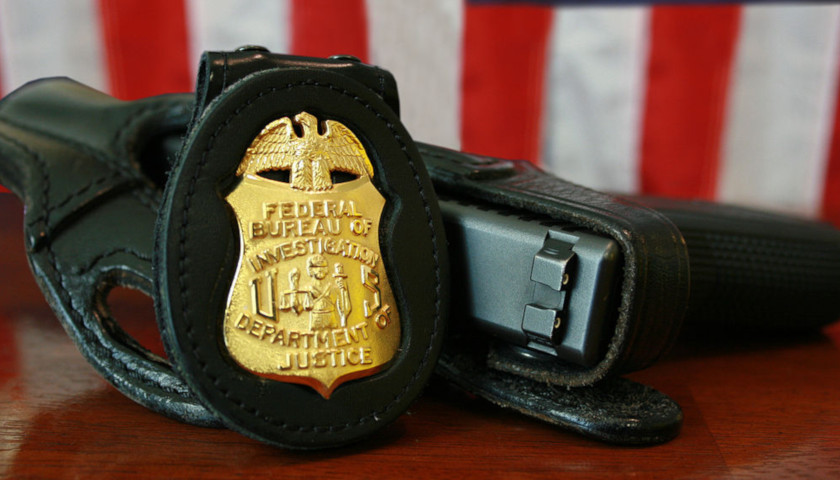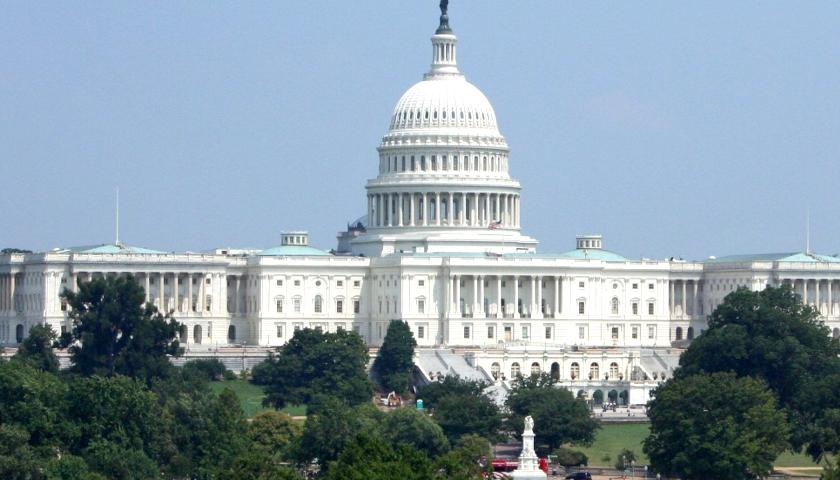by Chuck Ross
An FBI document released Friday details at least 14 inaccuracies in a New York Times report from early 2017 that leveled shocking allegations of Trump associates’ contacts with Russian intelligence officers.
The document shows then-FBI counterintelligence official Peter Strzok’s comments on a Feb. 14, 2017 article entitled “Trump Campaign Aides Had Repeated Contacts With Russian Intelligence.”
 Written by journalists Michael Schmidt, Mark Mazzetti and Matt Apuzzo, the story cited four current and former American officials who said that U.S. law enforcement and intelligence agencies had intercepted call records showing that Trump associates had contacts with Russian intelligence in the year prior to the election.
Written by journalists Michael Schmidt, Mark Mazzetti and Matt Apuzzo, the story cited four current and former American officials who said that U.S. law enforcement and intelligence agencies had intercepted call records showing that Trump associates had contacts with Russian intelligence in the year prior to the election.
Strzok, who was the lead investigator on the Trump investigation, spotted 14 errors in the article.
The Senate Judiciary Committee released the document on Friday along with a memo of the FBI’s interviews with a key source of information for dossier author Christopher Steele.
“This statement is inaccurate and misleading as written,” Strzok wrote in reference to the lead of the Times story, which said that officials had intercepted calls and obtained phone records of contacts between Russian intelligence officials and individuals associated with Trump.
“We have not seen evidence of any individuals affiliated with the Trump team in contact with [Intelligence Officers],” Strzok’s note said.

The Times reported that sources said former Trump campaign chairman Paul Manafort was one of the individuals picked up in intercepted calls with Russian intelligence officers. The story also said that the FBI was sifting through a vast trove of call logs and intercepted communications as part of the investigation into any links between Trump associates and Russia.
Strzok discounted those allegations, writing that “we are unaware of any call with any Russian government official in which Manafort was a party.”
He also wrote that the FBI had “very few” call logs in its possession.

Strzok reiterated in another section of the document that the FBI had no evidence that any Trump advisers had contact with Russian intelligence officials.
“Again, we are unaware of ANY Trump advisers engaging in conversations with Russian intelligence officials,” he wrote.

The Times also inaccurately reported that the FBI was at the time investigation Roger Stone, a longtime Trump confidant.
“We have not investigated Roger Stone,” Strzok wrote in reference to a section that said the FBI had “closely examined” the political operative along with several Trump campaign aides.

Stone later became a target of the special counsel’s probe in October 2017.
Strzok’s commentary also shows that the FBI had doubts about Christopher Steele, the former British spy who wrote the anti-Trump dossier.
The Times story portrayed Steele in a positive light, saying that FBI officials believed that Steele “had a credible track record” and that he had briefed the FBI about how he collected information for the dossier.
Strzok indicated that the FBI had obtained information that raised questions about Steele’s dossier.
“Recent interviews and investigation, however, reveal Steele may not be in a position to judge the reliability of his source network,” he wrote.

Sen. Lindsey Graham, who released the FBI documents on Friday, said in a press release that Strzok’s annotations on the Times article “are devastating in that they are an admission that there was no reliable evidence that anyone from the Trump Campaign was working with Russian Intelligence Agencies in any form.”
James Comey, the former FBI director, criticized the Times report shortly after he was fired in May 2017. He told the Senate Intelligence Committee on June 7, 2017, that the story was “almost entirely” inaccurate.
The Times stood by the story despite the pushback from Comey.
“The original sources could not immediately be reached after Mr. Comey’s remarks, but in the months since the article was published, they have indicated that they believed the account was solid,” the paper said in a statement following Comey’s testimony.
– – –
Chuck Ross is a reporter for the Daily Caller News Foundation.





